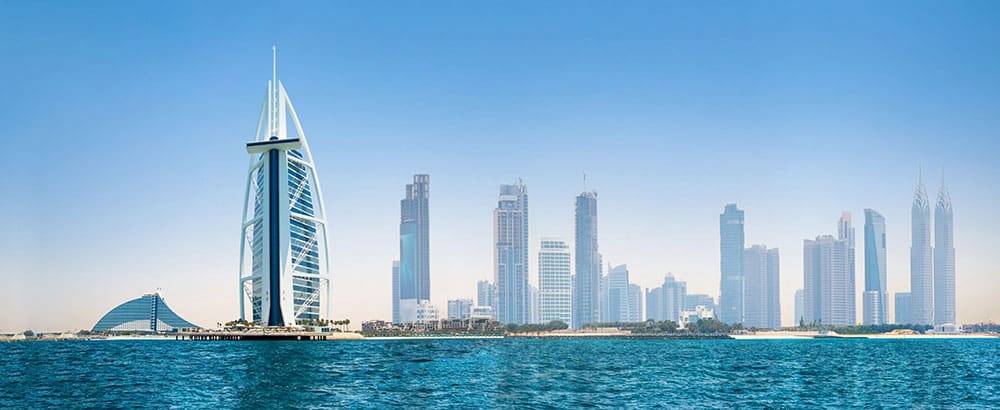Regulatory Crosswinds in Europe

European financial centers, particularly Switzerland, remain vital to global private wealth. Yet, even as their fundamentals stay strong, evolving regulatory standards and proposed reforms have prompted some families to consider complementary jurisdictions. Switzerland has introduced sensible oversight measures for asset managers and advisers since 2020, intended to safeguard the country’s reputation post-Credit Suisse. For some international clients, however, the added layers of compliance have sparked a strategic reassessment of where, and how, they structure their wealth.
Switzerland’s neutrality is not in question, but its policy mood has shifted. A forthcoming national referendum, likely to be voted on in 2026, proposes an inheritance tax of up to 50% on estates exceeding CHF 50 million (NZZ). The initiative, introduced by the left-leaning Social Democratic Party (SP), is intended to help fund the national pension system. Although the proposal may never become law (it needs both a popular and cantonal majority to pass), its presence on the national agenda has unsettled some family offices that rely on long-term certainty.
“We’re seeing clients ask for parallel planning,” noted one Swiss lawyer at a Zurich wealth summit. “It’s not about fleeing, but about optionality.”
Dubai’s Discreet Allure

Few jurisdictions have moved as swiftly to meet that demand as the United Arab Emirates. In the past year alone, over 200 new family offices were established in the Dubai International Financial Centre (DIFC), bringing the total to around 800 (FT).
Your Wealth, Our Priority: Altoo's Consolidation Power, Secure Document Management, and Seamless Stakeholder Sharing for High Net Worth Individuals. Preview Platform.
This is a 36% year-on-year increase, according to the DIFC’s 2024 Annual Review.
In 2022, the DIFC also launched the Global Family Business and Private Wealth Centre, the first of its kind in the region, to serve as a dedicated hub for wealthy families and their advisers. The reasons are not hard to identify: the DIFC offers zero inheritance tax, long-term residency options, 100% foreign ownership, and, most crucially, a more expansive legal definition of “family,” allowing for broader structures under looser oversight.
“The standard of living in Dubai is enormous and the economic system is geared towards entrepreneurs and ultra-high-net-worth individuals,” said Reto Gareus of KPMG in the FT. Private capital in the DIFC is estimated to have topped USD 1.2 trillion in assets under management in 2024, with projections pointing to USD 1.5 trillion by 2028 (DIFC Annual Review).
The city’s appeal is not solely economic. It also offers what many ageing European centres increasingly do not: regulatory clarity, competitive tax treatment, and a jurisdictional welcome rarely matched in legacy financial hubs.
Singapore’s Technocratic Appeal

Further east, Singapore has grown into Asia’s premier destination for family offices, particularly for wealth originating in China, Indonesia, and increasingly, the Middle East. The city-state had approximately 2,000 single-family offices by the end of 2024, up more than 21% from the previous year (Reuters). This growth was not accidental. The Monetary Authority of Singapore (MAS) compressed its incentive-processing timelines, slashing the wait for tax approval from 12 months to just 3, and designed simplified compliance pathways to attract footloose capital.
Singapore also markets itself as the region’s governance anchor: politically neutral, legally advanced, and fiscally efficient. It is, in many ways, the East’s answer to Zurich.
A New Kind of Complexity
As families expand their operations across multiple jurisdictions, they encounter a new problem: operational complexity. Multi-generational portfolios often span real estate in London, venture capital in California, private equity in India, and hedge funds in Singapore. Keeping track of assets – let alone managing cash flow, risk exposure, and regulatory reporting – requires a degree of administrative coordination that no single banker or adviser can provide.
In response, digital platforms have emerged as the new backbone of modern wealth management. One such firm, Altoo, based in Zug, Switzerland, has developed software designed specifically for family offices operating across multiple geographies. Its system consolidates both bankable and non-bankable assets, offers custom dashboards for family members and advisers, and provides real-time reporting across jurisdictions and currencies.
What sets Altoo apart is its ability to surface data in a form intelligible to both patriarchs and portfolio managers. Whether reviewing liquidity scenarios or tracking the value of a Picasso, Altoo makes wealth legible. According to the UBS Global Family Office Report 2025, 74% of next-generation family members expect digitized reporting, real-time scenario analysis,
and dynamic portfolio tools, highlighting a shift from legacy spreadsheets to intelligent dashboards.
Not an Exodus, but an Expansion
To characterise this eastward movement as a wholesale departure from Europe would be misleading. Swiss and Luxembourgish institutions remain deeply embedded in the wealth architecture of the continent. But families increasingly want flexibility: the ability to establish new entities where capital flows freely, reporting is streamlined, and local partners are eager.
What is emerging is a dual model. Many family offices retain legacy structures in Europe while establishing operational centres in Dubai, Singapore, or even Hong Kong. According to the UBS Global Family Office Report 2025, the average office now manages USD 1.1 billion in assets, with allocations to alternatives like private equity, venture capital, and private credit, rising to 42% on average, especially in Asia and the Gulf (UBS).
The Future is Hybrid, and Digital
What unites the new wave of family offices is not a desire to avoid regulation, but to manage it more efficiently. The jurisdictions that are thriving (Dubai, Singapore, and to a lesser extent Abu Dhabi) are those offering both legal credibility and procedural ease. They are not asking families to step into the shadows; they are offering them sunlight without glare.
Technology, not territory, may prove the more permanent differentiator. As heirs born after 1990 assume greater decision-making roles, the expectation for digital oversight grows. They want dashboards, not PDF reports; dynamic models, not static spreadsheets. For family offices that want to remain relevant, software like Altoo’s is no longer optional.
Eastward, Not Away
The geography of wealth is being redrawn. Not by revolution, but by iteration. In this map, the centres are multiplying. Zurich and London still matter. But so too do Dubai and Singapore. The winners will not be those who defend old structures, but those who build flexible ones, and understand that in an age of distributed capital, clarity is the new privacy.


















